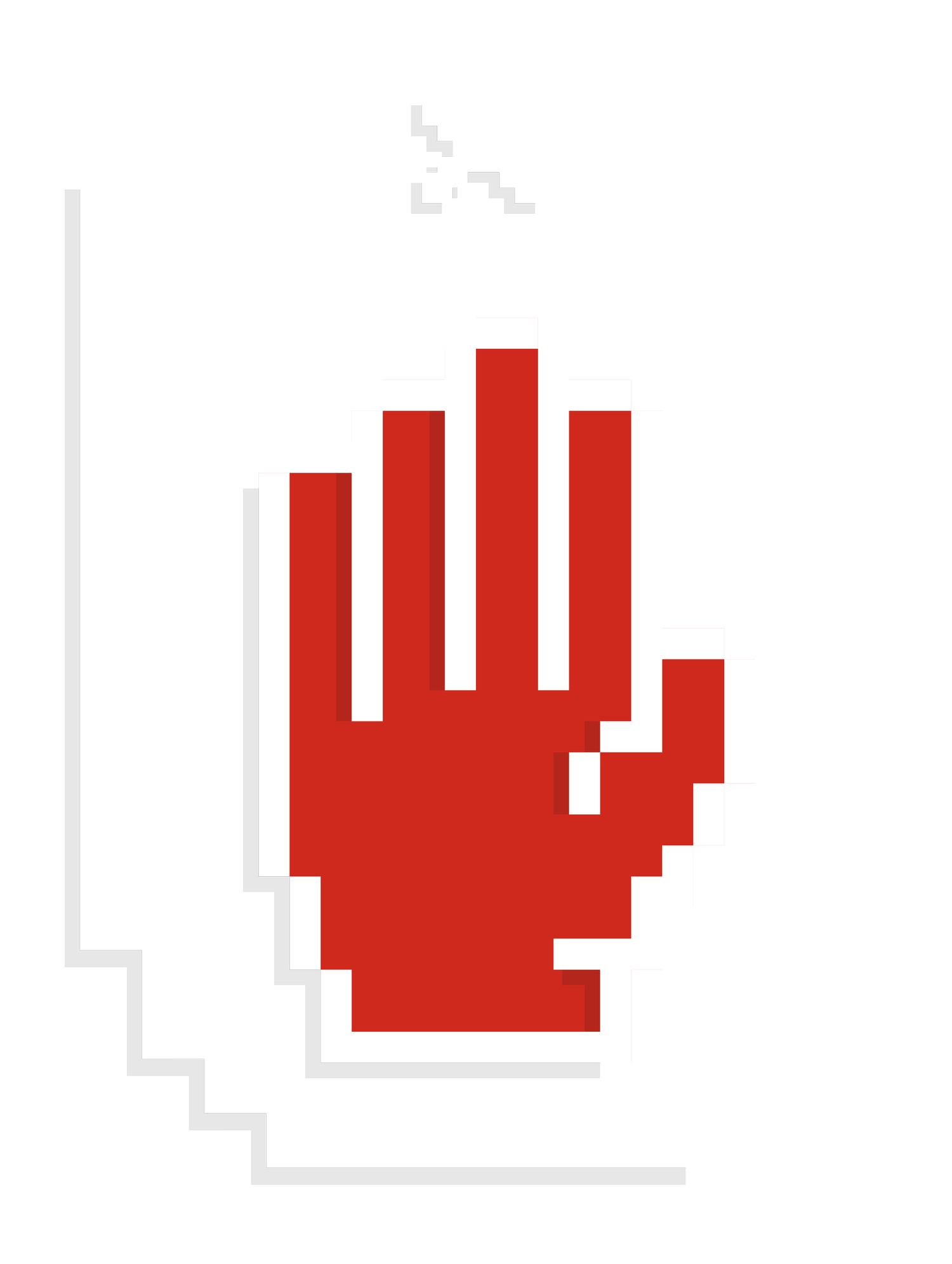Skills in Crucial Moments
“We were bested in most areas in the first half, the lack of intensity we showed relative to them, we were put on the back foot in a number of areas.”
Speaking to RTÉ’s television coverage, Dan McFarland highlighted what many thought after Friday night’s 13-20 defeat for Ulster to now URC table-toppers.
Unsurprisingly, the Ulster boss referenced the physical areas that Leinster dominated in the first hour of the game.
“When I say intensity, I don’t mean effort, most people would look at it and say effort but intensity is about the battles in the department like the collisions, the physical areas, getting off the line in defence. It could be those small margins around maul or scrum, could be your ability to work really hard to make sure guys don’t get through on kick chase.
“These are tiny margins in intensity. They’re [Leinster] stacked with guys who play at the highest level and do so repeatedly, there’s a reason for that. They perform and understand to play at that level. We’re a tiny bit off that, or at least we were tonight.”
WATCH: @UlsterRugby Head Coach Dan McFarland reflects on tonight’s 20-13 home defeat to Leinster in the URC at the Kingspan 🏉
— Downtown News (@newsondowntown) September 30, 2022
👇 pic.twitter.com/q37aRTPJX3
Those physical battles around the fringes that were always going to define a wet game like that. Yet the one thing that McFarland didn’t mention, but still cost Ulster, was the difference in skillset.
Leinster have players that repeatedly play at the highest level for their physical attributes, but also because of skills. When stressed by both the opposition and the weather on Friday, Leinster’s decision making and ability to control the ball was simply better.
Ulster conceded 15 turnovers to Leinster’s 12 in the rain. Those numbers almost certainly include breakdown pilfers, but handling errors played a significant role. A difference of three isn’t horrendous - it backs up McFarland’s comments on the gap between the two sides being “tiny” - but small margins and all that.
More detailed numbers on handling errors will be made public in due course, but three key moments define the difference between the sides’ skillsets.
Firstly, the Aaron Sexton try that wasn’t. No one wants to butcher a young player and plenty of column inches will be dedicated to doing so in the coming days, but he has to carry the ball in the outside arm and not give Charlie Ngatai a chance to dislodge it (I’ll leave the arguments on whether the try still should have stood or not to the Facebook forums).
“I’ll speak to him over the next week,” said McFarland about his wing. “Look, it’s disappointing. We’ve all been there, lots of players make mistakes and tonight his was visible. We’ll pick him up, he’ll learn from that, come back to work and we’ll move on.”
Huge blow for @UlsterRugby as Aaron Sexton's try is chalked off after a TMO review.
— BBC SPORT NI (@BBCSPORTNI) September 30, 2022
Watch LIVE on BBC2 NI & @BBCiPlayer
👉 https://t.co/7tXfHK28ay pic.twitter.com/aBOjSueH1g
Moment number two.
39 minutes are on the clock. John Cooney spots an overlap and a mismatch down the short side and aptly feeds Billy Burns. He has Nick Timoney and Jacob Stockdale outside him, only tighthead prop Michael Ala’alatoa and Ryan Baird are there for Leinster. Burns draws the prop before feeding Timoney, leaving him and Stockdale in a two-on-one with Baird.
The backrow is a very good athlete, but that’s a match-up Ulster should be wining every day of the week.
Timoney slips in the wet. Fine, that can’t be controlled. However, with Baird backing off, he has ample time to return to his feet and still give the pass to send Stockdale into space. Jimmy O’Brien (circled above) hasn’t a hope of making the ground to get to him before the line. You can’t see on camera, but Luke McGrath probably is defending deep in the wide channel. Against Stockdale coming at speed, it’s another good match-up for Ulster.
But it doesn’t happen. Despite Baird backing off, Timoney doesn’t trust his skillset in the wet and the pass never comes. Maybe Stockdale has overran the line a touch, but there is still time for the pass.
Instead, Baird makes the tackle, Dan Sheehan gets in over the ball and the chance is gone.
It was a crucial moment before half-time that could have narrowed the gap to seven points.
Ulster’s improved maul wasn’t going to be sufficient to narrow a 17-point deficit in the final quarter; set-pieces are too time consuming. They needed a moment where the ball went to hand, where skills came through and a try came from a different source.
They had two big opportunities for that in the game, a small number influenced by the rain, and didn’t take either of them. Leinster had one, Garry Ringrose’s clever offload out of the tackle made by Mikey Lowry allowing Dave Kearney to send Baird over in the corner.
Ryan Baird in in the corner! pic.twitter.com/SPpnLaCYP5
— Ultimate Rugby (@ultimaterugby) September 30, 2022
The rain wasn’t as heavy for that Leinster score, perhaps making the ball easier to control at that point of the game, but that does not change the fact that Leinster were more clinical.
In a game of small margins, Leinster had one opportunity to score a try away from the maul and did so. Ulster had two and converted neither.
Conditions affected both sides and players in white and blue made errors as a result. However, both in the final tally and in the crucial individual moments, Leinster’s skillset was found wanting on fewer occasions than Ulster’s.









